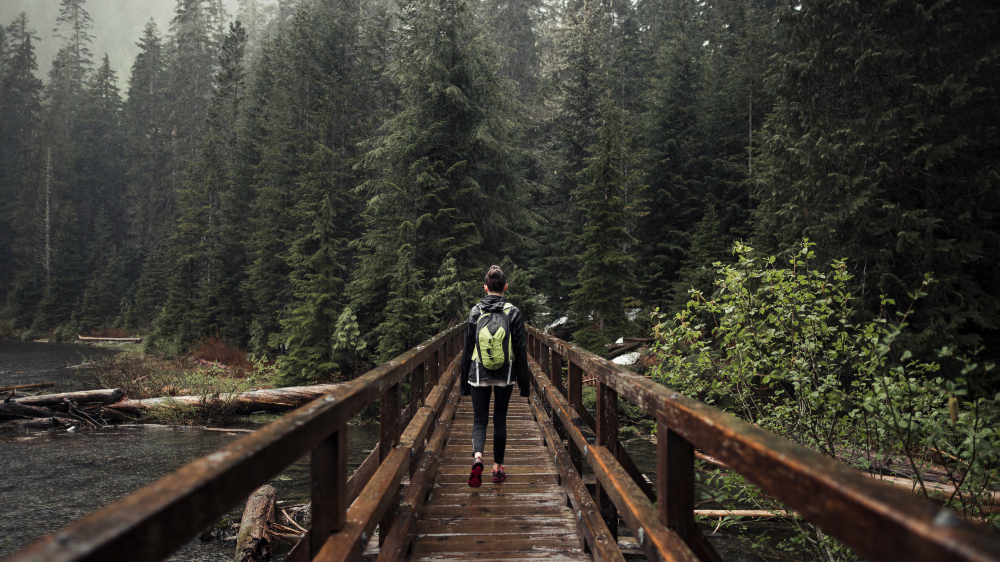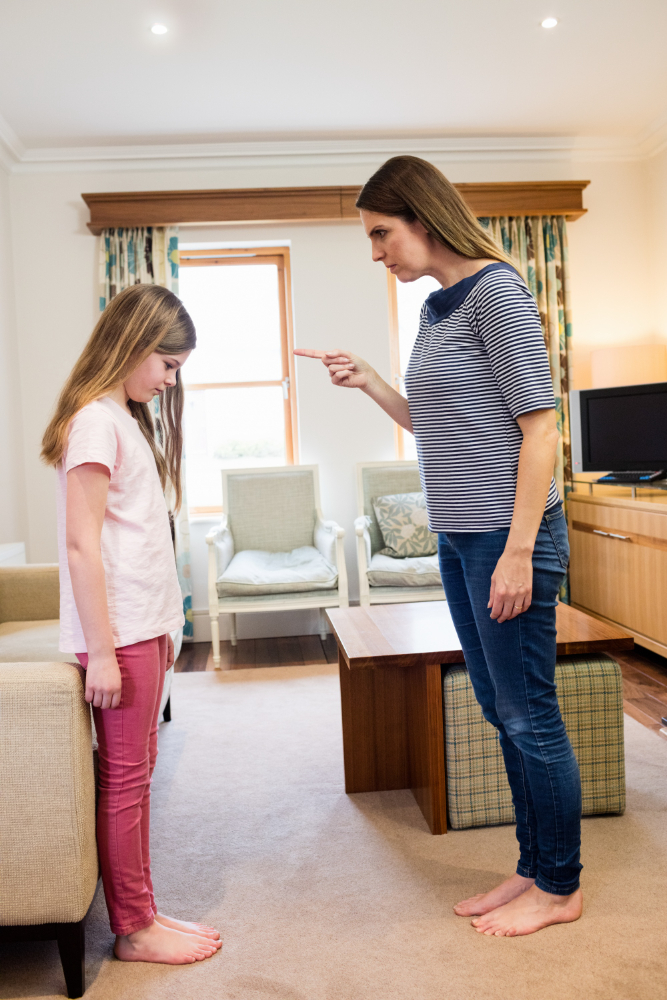Travelling with a Beginner’s Mind
Have you ever fancied travelling but weren’t quite sure how to get started? Or maybe you’ve been travelling for a while but feel like you’re not getting the most out of your experiences. If you’re looking to travel with a beginner’s mind – with fresh eyes and an open heart – then read on for some tips.
Zen master Shunryu Suzuki once said: “In the beginner’s mind, there are many options; in the expert’s mind, there are few. It is the ultimate benefit of seeing the world through the eyes of a complete beginner.”
Don’t we travellers always want to explore new experiences, make personal discoveries, and broaden our viewpoint when travelling?
Let go of any preconceived beliefs you may have about travel. Whether you think that travel is expensive, dangerous, or just not for you, it’s important to remember that none of these things is necessarily true. If you approach travel with an open mind, you’ll be surprised at how easy and affordable it can be. Embrace the beginner’s mind when you travel and be open to new experiences.
How to Activate the Beginner’s Mind in Travel
- Absorb one step at a time.
It’s easy to become preoccupied with what we need to see and accomplish while failing to properly absorb what we set out to see and do. When we have a full schedule, it’s simple to miss anything educational as our vacation goes by quickly.
For a little period, pull back your camera. Take a deep breath and sit with what brought you there before catching up with the group or completing the next item on your list. Take time to admire an old church, a cave painting, or the noodle strands on your plate. No matter how tiny they may seem, take note of the sights, scents, and sounds around you.
You’ll be more grateful for the present. You’ll also improve your capacity to view difficulties, chances, and beauty from a fresh perspective at the same time. Observation-based appreciation fosters happiness as well as longer-lasting contentment.
- Leave room for failure.
One of the best pieces of advice for travelling is to leave room for failure. Things will go wrong, whether it’s getting lost, missing a train, or getting sick. And that’s okay! Part of the adventure of travelling is learning to roll with the punches and finding your way out of sticky situations.
So next time you’re planning a trip, don’t be afraid to leave a little room for error. It’ll make the whole experience that much more memorable (for better or for worse). No matter how much you plan, there is always a chance for something to go wrong while you are travelling. Be prepared for this by leaving room in your itinerary for some unplanned downtime. This way, if you do run into any problems, you will have time to deal with them without ruining your trip.
- Allow yourself to say and feel, “I don’t know.”
The world is vast. Saying “I don’t know”, even when you think you do, can be empowering. Feel the words, feel the significance. And feel that you are no worse because of it.
The fighter knows when to say, “I don’t know.” If you already know everything, there shouldn’t be anything new to say.
If there is nothing more to learn, your personal development is complete. So life becomes constrained and unchanging.
- Embrace that we are in flux.
From what we once believed to be true, the world has changed. It will keep acting in this way. Once-dominant human wisdom held that the earth was flat. It is now round. We used to be the universe’s centre, but we’re now just a little speck.
Such is life. We discover that “what is” is flexible and frequently more transient than we’d prefer as we explore the world.
We agree to this for two reasons: our personal satisfaction and the benefit of the entire planet. We strike a balance between our ties to and distance from what moves, transforms, and disappears.
- Ask questions like a child, of others and of yourself.
Consider the notion that there are other ways to view the world besides the one you do. It is fine to be ignorant if your purpose is to learn.
If I hadn’t chosen to reveal what I didn’t know when I didn’t know it, I would not have lived half the life I have. I really had more experiences as a result. I questioned things so I could learn. My openness has, for the most part, been rewarded.
- Ditch some “supposed to” and “shoulds.”
Some of our most significant lost chances are the result of what a tourist “must do” and “must-see.” The beginner’s mentality assists in balancing your requirements with expectations manufactured and established by “experts.”
I don’t recommend disregarding advice off of a hand. Instead, consider them in context. Suspend conventional wisdom and recommendations. Recognize that time is finite and that everyone finds fulfilment in a different way.
Expectations are inevitable when you have invested hard-earned money to go where you want to go and do what you want to do. Stay open to situations that deviate from your plan and give you a new perspective on a location or culture.
What if the next time you visit Paris, you don’t get to see all 10 “must-see” attractions but instead have an incredible, unplanned chat in a café one long afternoon? Does it make sense to exclude the Mona Lisa?
- Experience the moment in full, from all angles.
Take pleasure in exploring every viewpoint. Covering every angle is really adventurous. Emily Dickinson underscores, “Tell the truth, but tell it at a slant.”
Photographers frequently instruct pupils to “look at the object…this way…that way” as they crane their necks, move their bodies, and turn upside-down. This is true of the mind’s camera and mind’s eye as well. We must adjust our viewpoint to perceive the commonplace in a fresh way if we want our experiences to be rich.




